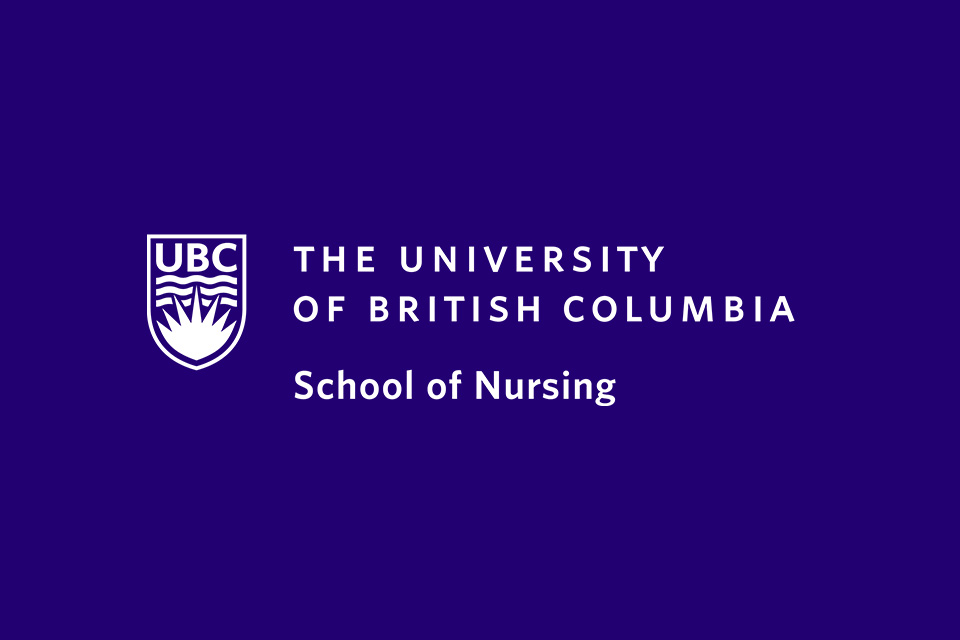
June 1, 2020
People in prisons are at high risk of infection from COVID-19, as well as profoundly affected by the response to the pandemic, leading the World Health Organization to call for public health action in prisons around the world. In Canada, efforts to stop the spread of the virus have resulted in cancellation of visitation, safe injection initiatives and all programming, which has exacerbated experiences of social isolation, loneliness, anxiety and fear for people in prison. The Office of the Correctional Investigator and others have reported intensified and acute mental illness, loss of hope and suicide related to COVID-19 in Canada.

Men’s Health Week will be observed from June 10th to 16th, and during this time of pandemic, particular concern has been raised about the health of those who are in prison. Since 2014, the School of Nursing’s Dr. Helen Brown and her research team have been working in partnership with Corrections Services Canada (CSC), and many community organizations, to support the health and wellbeing of men in prison through a community-based participatory program of research. This work has focused specifically on the well-being of Indigenous men, who are over-represented in Canadian prisons due to historical and ongoing colonialism. A significant goal of this research is the development of a sustainable model to support a prison-community partnership. The program supports federally incarcerated men to make and give household and cultural items to Indigenous communities (such as furniture, toys, vegetables and drums). The impact of participation has been profound. In the words of one of the men, “it brings a light to my life, because it’s pretty dark where I’m at. And it’s been dark for a long time. So yeah, a breath of fresh air and a glimmer of light.”
COVID-19 response requirements demanded something new. Knowing the immense benefit that men in prison derive from creative engagement outside the pandemic context, Ms. Kelsey Timler, a PhD trainee and Research Manager working with Dr. Brown, began reaching out to their CSC partners, asking how they could help, and offering ideas for supporting health and wellbeing during the emergent pandemic. Building on the strengths of the existing research partnership, the team was able to quickly shift their focus and resources for “in-reach” to support the men’s mental health under these new conditions. Expanding to include new partners, they have re-oriented a proportion of their funding to implement an arts-based and creative writing initiative across all medium security federal institutions in BC. The intention is to strengthen human connection and reciprocity among isolated Indigenous Elders, paroled individuals, and other members of the community negatively impacted by increasing restrictions and isolation implemented across prison, parole, and community contexts.
“We learned in our previous research how important connection to community is for men in prison and to be valued for their work to give to others, all which can reduce stigmatization,” Dr. Brown says. “Our studies show that when men give back to communities and do meaningful work, there are profound impacts on their well-being.”
The team will deliver tools for creative work, including the materials to do so. They will also gather and share artwork and messages as they are created, inviting an important reciprocity between communities and the men. “It’s more than just creating a picture or writing a short story, it’s knowing that it will be seen and read and cherished by someone who is also feeling alone,” Ms. Timler explains. Dr. Brown goes on to say, “we not only hope that this initiative will support men and communities in the coming months, but also that the new partnership and relationships will continue into the future.”
From Helen Brown and Kelsey Timler. Part of the series UBC Nursing Responds written/collected by Colleen Varcoe.


